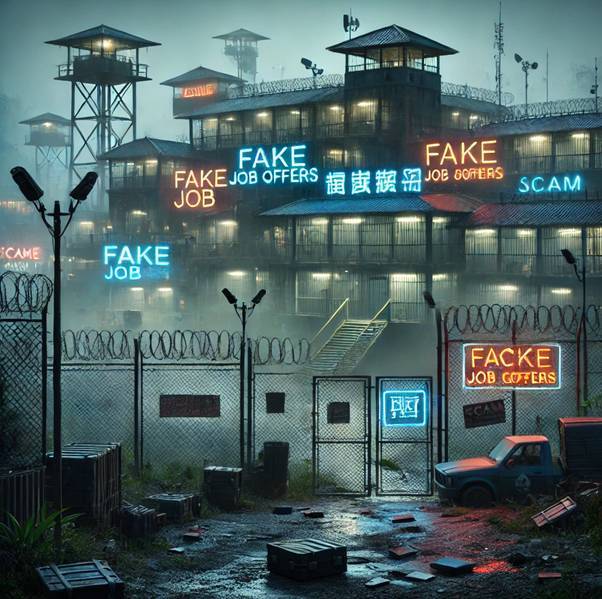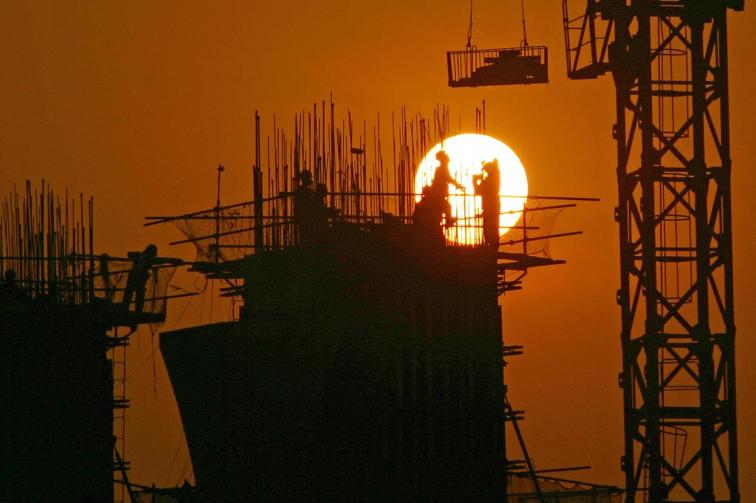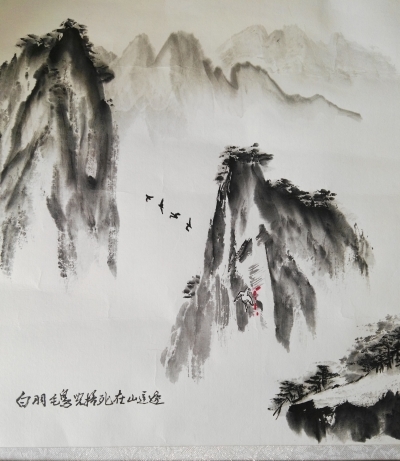The CCP military is riddled with corruption, severely weakening its combat effectiveness. (Graphic by People News)
[People News] According to recent reports from the official media of the Chinese Communist Party, from August 28 to September 1, the Procurement and Asset Management Bureau of the Rocket Force issued 180 announcements, stating that 74 evaluation experts and 116 suppliers have been disqualified from participating in military procurement. The reasons cited include 'evaluation errors affecting results,' 'collusion in bidding,' or being classified as 'brokers.' Notably, one expert was penalised for a review error in a project dating back to 2016.
Evidently, the announcements from the Rocket Force are aimed at addressing corruption within military procurement, specifically targeting individuals from outside the military. According to official statements from the Communist Party, evaluation experts are accused of tailoring bid documents for specific companies by restricting equipment interface models and other parameters, while 'brokers' are said to receive benefits disguised as consulting fees without directly engaging in financial transactions.
In my view, whether they are experts, 'brokers,' or certain companies, they likely have some connection to military personnel, whether as military offspring, having family members in the military, or having ties to certain military officials.
This situation inevitably brings to mind the case of He Wenzhong, the former deputy general manager of China Electronics Technology Group, who was sentenced to death with a two-year reprieve on July 21 of this year. He was not only a leading expert in electronic technology but also a key decision-maker in military procurement. From 2006 to 2023, he exploited his position at the 11th Research Institute of China Electronics Technology Group and the group headquarters to continuously accept bribes in electronic equipment procurement and payment settlements, ultimately setting a new record for a single case in the military sector with a total bribe amount of 289 million over 17 years.
At that time, reports suggested that this case exposed the most clandestine undercurrents in military procurement—when technical authorities collude with power, the lives of soldiers can become bargaining chips. The judgment document indicates that He Wenzhong's bribery directly resulted in some military products failing to meet quality standards. From the perspective of the Chinese Communist Party, this form of 'technical corruption' poses a potential threat to national security that far exceeds that of ordinary corruption cases.
How did He Wenzhong manage to gain benefits despite numerous regulations? Reports highlight three methods. First, he manipulated parameters, transforming the bidding process into a 'custom game' for a select few enterprises. For example, in the procurement of a specific radar component, the technical parameters set by He Wenzhong's team closely aligned with the patents of a particular supplier, effectively excluding other competitors.
Second, he established a collusion and bid-rigging ecosystem. As the head of the evaluation expert group, He Wenzhong consistently controlled the evaluation outcomes, creating a fixed relationship for benefit transfer with five suppliers.
Third, there was fraud during the acceptance phase. Under He Wenzhong's direction, his subordinates lowered testing standards, allowing a certain type of electronic countermeasure equipment to pass acceptance despite not meeting military standards.
He Wenzhong managed to remain unscathed for 17 years, undoubtedly benefiting from the transfer of interests to certain individuals within the military logistics department. How many military procurement evaluation experts like He Wenzhong, who have embezzled such large sums of money, are there? His downfall is likely connected to investigations involving personnel associated with the military, including senior officers in the Rocket Force.
There is no doubt that the state media's report on the Rocket Force's nine-year retrospective has drawn significant attention from outside observers. Some analysts suggest that this investigation is less about holding experts accountable for corruption and more about scrutinising former leaders. Since Zhang Youxia succeeded Chang Wanquan as the Minister of the Equipment Development Department in October 2012, and later became the first Minister of the newly established Equipment Development Department of the Central Military Commission in November 2015, before stepping down in September 2017, it is possible that Zhang Youxia is the ultimate target of this inquiry. This also indicates that Xi still wields military power and is preparing to take action against Zhang Youxia.
There are two main reasons why this perspective is flawed:
First, the disqualification of experts and suppliers from participating in military procurement was not solely based on the list released by the Rocket Force's Logistics Procurement and Asset Management Bureau. It also included lists from the Air Force Logistics Procurement Department, the Cyber Space Force Logistics Procurement Department, the Joint Logistics Support Force Logistics Procurement Department, the Army Logistics Procurement Department, and the Management Support Department of the National Defence Science and Technology University. This can be seen as a comprehensive purge of logistics departments across the military, aimed at removing corrupt external personnel who have colluded with internal military staff. The specific list can be found on the military procurement website.
So, is such a significant action truly lead by Xi? Clearly, for Xi, who has shown various signs of having lost military authority, launching an anti-corruption campaign across the entire military logistics department is no easy task. However, one thing is certain: claiming that this initiative specifically targets Zhang Youxia seems somewhat far-fetched, although it cannot be entirely ruled out that Zhang Youxia is at the forefront of this effort.
Secondly, the recent announcement to end the participation of experts and suppliers in military procurement qualifications primarily concerns the procurement and asset management bureaus of the logistics departments across the major military branches. Following the military reforms in 2016, the Communist Party of China established the Joint Logistics Support Force, which succeeded the General Logistics Department. This force does not belong to any specific military branch but provides support to all branches. In essence, the general supplies and services for the various military branches of the Communist Party's armed forces are mainly managed by the Joint Logistics Support Force, while specialised logistical support for each branch is handled by their respective logistics units according to their organisational structures.
In a similar vein, after the military reforms, the General Equipment Department of the Communist Party was renamed the Equipment Development Department of the Central Military Commission. This department is responsible for the research, development, procurement, and support of weapons and equipment for the entire military. Although it is also involved in procurement, if we were to investigate corruption in the logistics of various military branches over the past nine years, the focus should be on the General Logistics Department, rather than Zhang Youxia.
The author speculates that the recent decision by the major military branches of the Communist Party to terminate the qualifications of experts and suppliers for military procurement is part of the ongoing anti-corruption campaign within the military. Reports indicate that hundreds of generals have been investigated over the past year, and aside from political issues, it is highly likely that corruption is also a factor. Notably, figures such as He Weidong and Miao Hua are close allies of Xi Jinping within the military. The driving force behind this initiative may be aimed at further dismantling the corruption networks within the military.
Furthermore, this action signifies that the senior leadership of the Communist Party of China (Zhonggong) has recognised the serious and substantial consequences that procurement corruption poses to the military, which could be seen as undermining their own efforts to unify Taiwan. Consequently, the People's Liberation Army (PLA) has introduced new strategies to combat procurement corruption, including the establishment of a comprehensive supervision network and a military-civilian integration oversight platform. This aims to facilitate cross-departmental sharing of supplier qualifications, expert review records, and product quality data, among other things. However, given the deeply rooted corruption within both the Communist Party and the PLA, it raises the question of how corruption can be completely eliminated under the one-party authoritarian system of the Communist Party.
(First published by People News) △











News magazine bootstrap themes!
I like this themes, fast loading and look profesional
Thank you Carlos!
You're welcome!
Please support me with give positive rating!
Yes Sure!